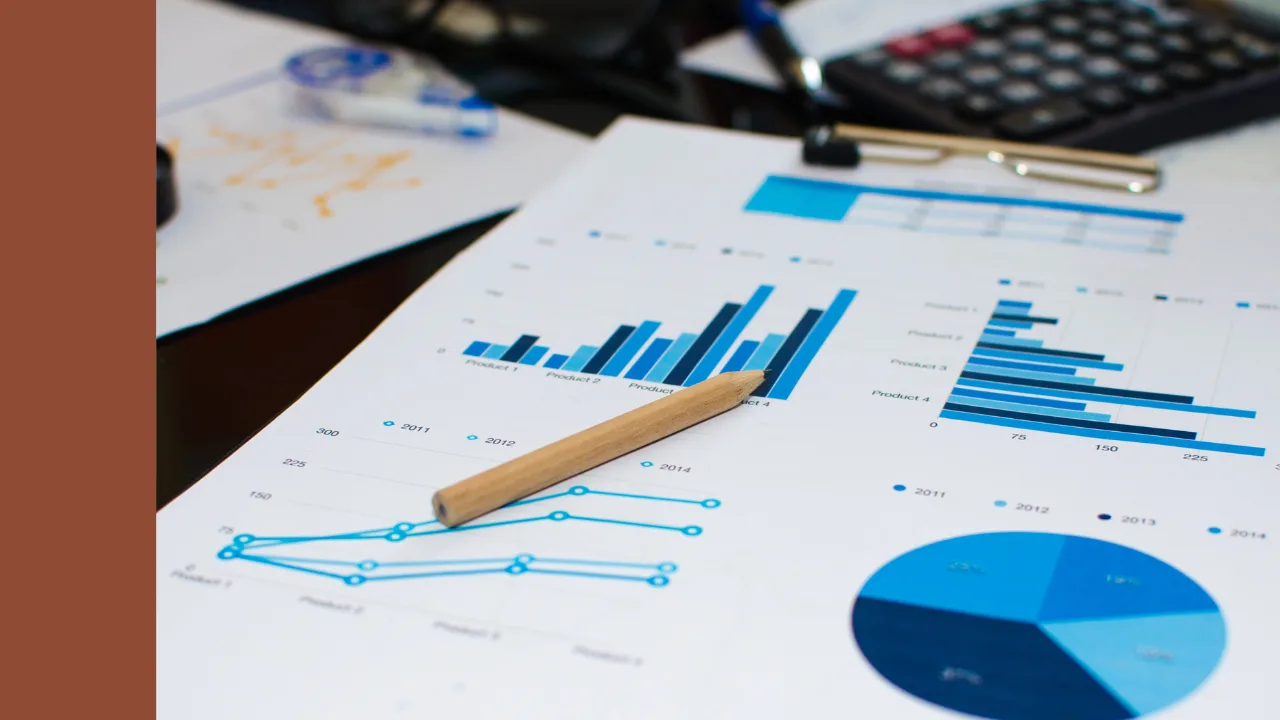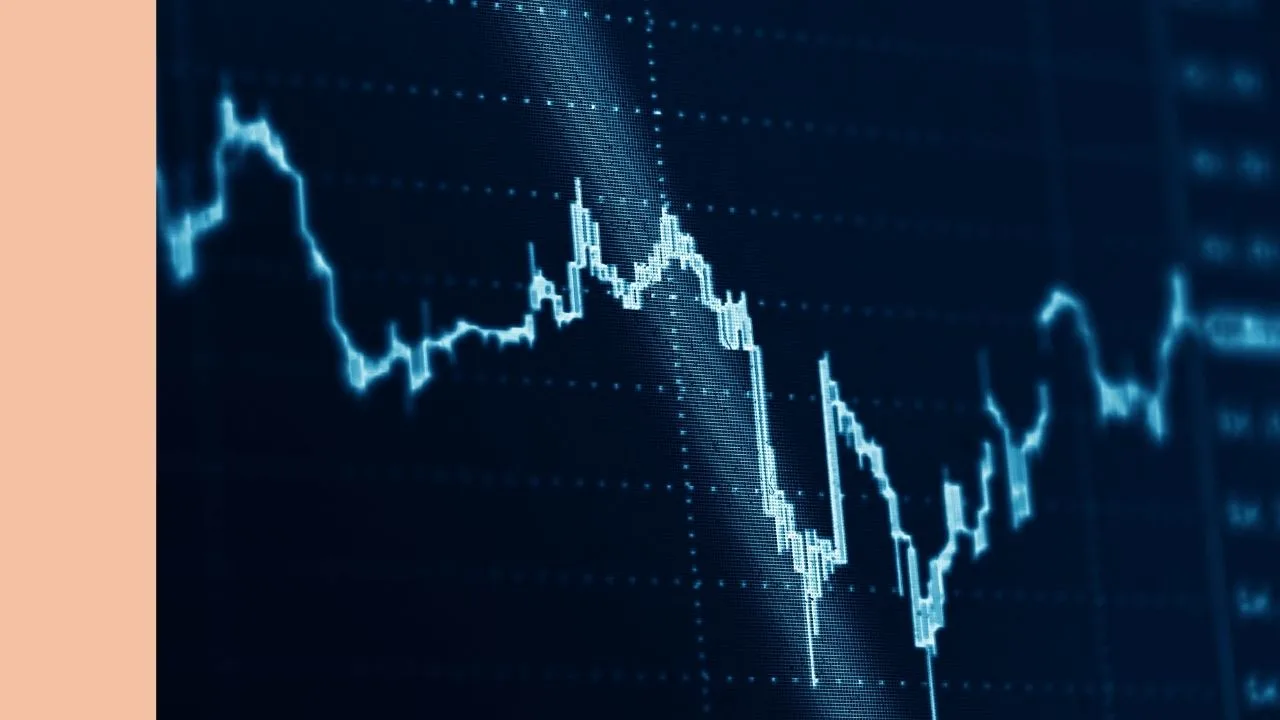I’d buy internationally-focused exchange-traded funds (ETFs) in May 2024 due to the diversification and growth on offer.
The ASX has some good businesses, but I’m not expecting a lot of growth over the long-term from the likes of ANZ Group Holdings Ltd (ASX: ANZ) or BHP Group Ltd (ASX: BHP).
There are a lot of international shares out there, so why not let the ETFs give that exposure?
VanEck Morningstar International Wide Moat ETF (ASX: GOAT)
This is a global version of the highly-successful US-focused VanEck Morningstar Wide Moat ETF (ASX: MOAT).
It focuses on international companies that Morningstar believes possess sustainable competitive advantages, also called wide economic moats.
In addition to that, those investment companies should trade at attractive prices relative to Morningstar’s estimate of fair value.
Some of the businesses it’s currently invested in includes Alphabet, Teradyne, Tyler Technologies, Charles Schwab and Corteva.
Only 55% of the portfolio is invested in US shares, which is less than what you might see from other global portfolios. It’s more diversified, in my opinion. Plus, it’s not heavily invested in just a few large US tech names.
The index that the GOAT ETF tracks has delivered an average return per year of 14.2% over the past decade, compared to a return per year of 13.4% for the global share market (both before fees).
I believe the GOAT ETF can deliver attractive long-term returns, with differentiated holdings compared to other global ETFs.
BetaShares Global Sustainability Leaders ETF (ASX: ETHI)
This ETF also provides exposure to a portfolio of high-quality businesses, but there’s a significant ethical screening that goes into making sure the companies aren’t doing unhelpful things for planet and are treating their people and suppliers correctly.
For example, it excludes sectors like fossil fuels, gambling, tobacco, uranium and nuclear energy, payday lending and weapons from the portfolio.
The ETF also doesn’t invest in businesses if they destroy valuable environments, produce or use chemicals of concern, produce pornography, have human rights concerns (forced labour, sweatshops, bribery and corruption). Companies that don’t have women on the board of directors are also excluded.
After making all those exclusion, what remains are 200 of the largest, ethical companies in the world. Current positions include Nvidia, Visa, Apple, Mastercard, Toyota, Home Depot, ASML and Salesforce.
It may or not be a coincidence, but this ethical group of businesses has collectively delivered significant outperformance. Since inception in January 2017, the ETHI ETF has delivered an average return per annum of 18.7%. I’m not expecting this to continue, but I do think it can outperform the ASX 200 (ASX: XJO) over the long-term.







